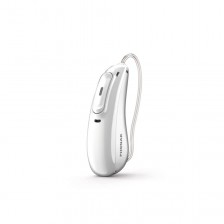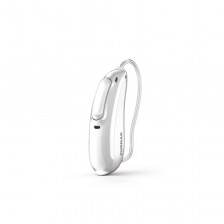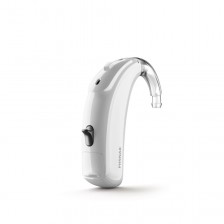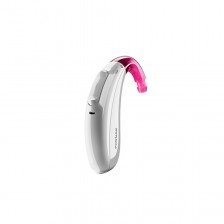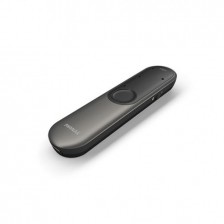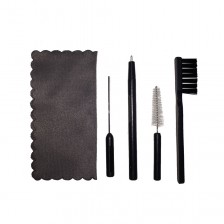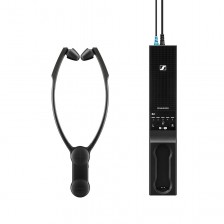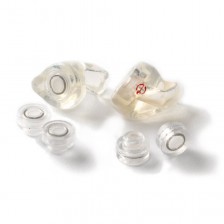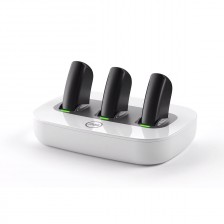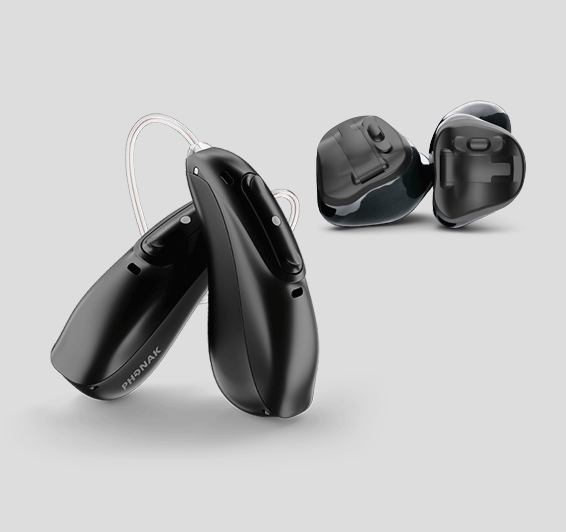What is misophony?

.jpg)
In the article about sensitivity to sound, we distinguished between 3 specific ailments. Today we are going to talk deeply about misophony. What is misophony? When you suffer from misophony, it has a strong reaction to specific sounds.
If common noises like a dripping faucet or someone who chews or clicks on a pen irritates you or panics, you may suffer from misophony.
Miso- (hate) phony (sound) means strong reactions to selective sounds. It should not be confused with hyperacusis, where the sound is perceived as abnormally loud or physically painful. Hyperacusis and misophonia are disorders related to "decreased sound tolerance". However, hyperacusis is a condition in which auditory information is unbearably high. In misophony, it is about repeating (or patterns of sounds) that are intolerable.
What causes misophony?
Sounds like chewing, breathing, typing are considered by most people as "normal" sounds and are ignored as background sounds in daily listening. However, for a group of people these sounds not only distract, but also evoke a strong feeling of anger accompanied by an urge to escape from the situation these sounds produce.
This condition, marked by sensitivity to a selective group of sounds, was called "misophonia" (hatred of sounds) almost a decade ago. Because sounds that act as "triggers" in this condition are quite common at home, in the workplace, and at social gatherings, misophony has devastating effects on the social, family, and personal life of the sufferer.
Currently, misophony is not included in any of the official medical/psychiatric classifications. People with misophonia suffer in silence because they do not share their problem with others for fear of being called "crazy. The aim of this paper was to check the consistency of the profile of the symptoms and the triggering sounds in a population of subjects with misophonia.
Misophonia is a neurological disorder in which auditory (and sometimes visual) stimuli are misinterpreted within the central nervous system. However, misophony and what causes misophony remains a mystery.
Although people may have suffered from misophonia for many years, it has only been recognized as a medical condition since the 1990s.
Symptoms of Misophonia
Symptoms of misophony-heavy reactions to selective sounds-often appear in late infancy, but their onset can be observed at any age. It usually begins with a single gunshot sound. More sounds are then added to the list of triggers.
Treatment for misophonia
Currently, there is no cure or treatment for misophonia. However, your doctor may refer you to different types of therapy.
Living with misophonia
People who suffer from misophony often feel alienated and misunderstood because others may consider them hysterical or too sensitive. It often helps to see a medical specialist to get a diagnosis as proof that you're not making it up. Depending on the severity, it can have serious consequences for people with misophonia. Your doctor may refer you to different types of therapy. Even talking about your condition may be helpful.
